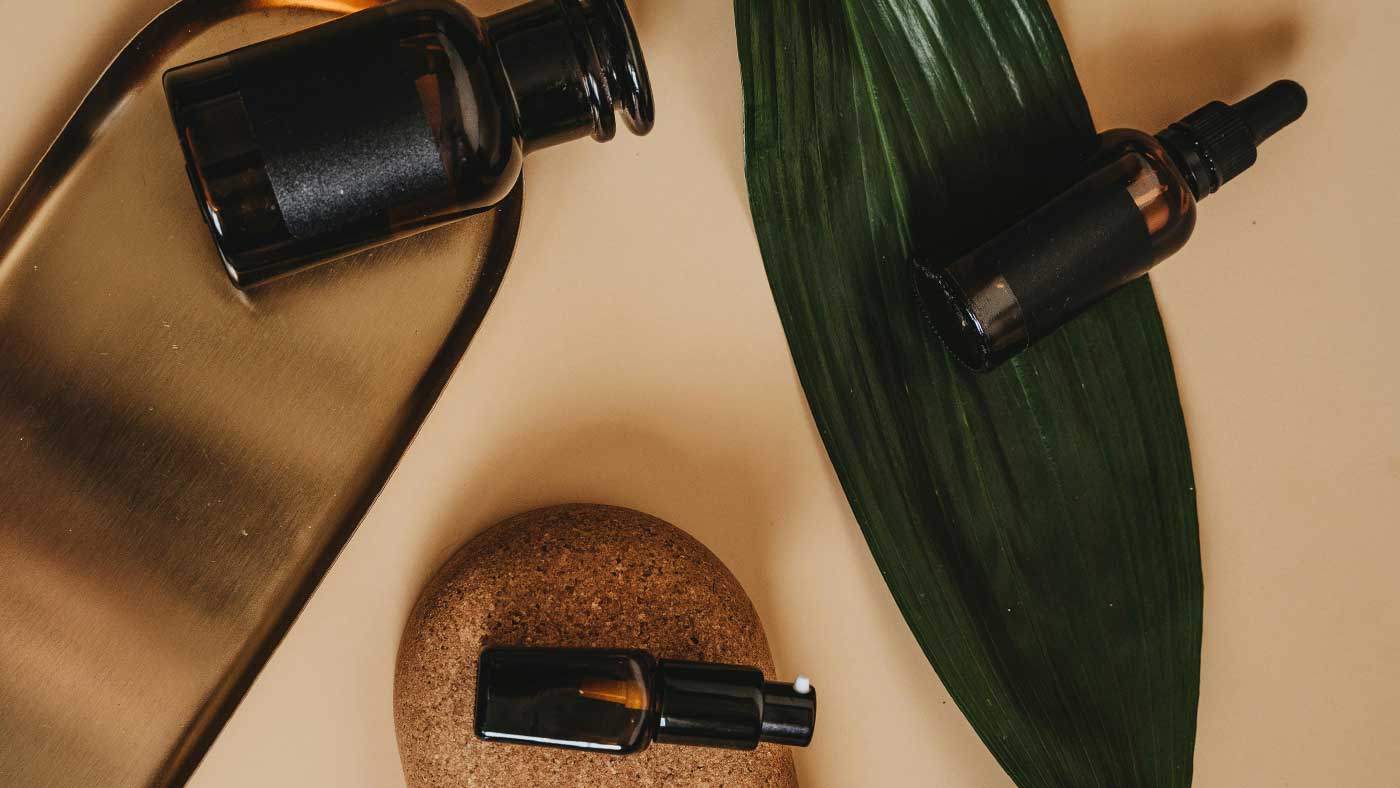Sustainability is a way of living, of loving the environment and caring for future generations. With almost 7.9 billion units of plastic created by beauty and personal products in the U.S. alone in 2018 and the expectancy that these statistics increase as time passes by, it gets quite terrifying.1 Learn what sustainable skincare is and how to be more conscious of the retail waste journey, from the moment you purchase skincare to recycling and reusing packaging.
What is sustainable skincare?
In a nutshell, sustainable skincare is selecting products that deliver benefits without a major impact on the planet, animals, and people. It's choosing to care for the planet, too, from purchasing environmental-friendly products to what you're doing after they run out.
Why sustainability is a must in skincare
We're all fond of cute packaging that screams buy me. But all those bottles, tubes, and containers used by the beauty industry add up to 120 billion units of plastic packaging. Of this amount, only 30% end up recycled because only plastics #1 and #2 out of 7 can be recycled, and, sadly, not everyone recycles. In the lack of responsible practices, plastic ends up in oceans, breaking down into microplastics, jeopardizing marine life, and compromising the ecosystems.2,3,4
How to support sustainable skincare
Fortunately, sustainable skincare has become more than a trend but a way of life with more people choosing sustainable packaging and recycling initiatives. An Accenture survey revealed that 72% of people are buying environmental-friendly products than they were five years ago and 81% said they expect to buy more in the next five years. “The shift in consumer buying, with more consumers willing to pay extra for environmentally friendly products, reinforces the need for companies to increase their commitments to responsible business practices,” says Jessica Long, Managing Director in Accenture Strategy.5
Lots of brands comply with sustainable skincare, too, creating either entirely recyclable or refillable packaging. The goal is that, little by little, single-use products and non-recyclable plastic are becoming things of the past.
Here are a few ways to address sustainability in skincare:
- Skip single-use products
- Rely on brands that care about their environmental impact
- Choose refillable and recyclable packaging
- Participate in recyclable rewards programs
- Seek products free of palm oil, oxybenzone, and animal-sourced ingredients
Join a recyclable rewards program
Understanding that the beauty industry is a source of plastic pollution that needs to be addressed, some brands have adopted recyclable rewards programs to encourage more people to recycle. Good examples are Kiehl's, L'Occitane, and Nordstrom. Once your products run out, you return the bottles, and they give you discounts for the next purchases. They sort, clean, and melt the packages, making new recycled containers. What these companies have in common is that they work with TerraCycle, a program that collects packages in order to recycle them. This is how brands take full responsibility for their lifecycle products from A to Z. Meaning, they spend resources to care for sustainability after the product gets bought.
Another encouraging campaign is #WeAreAllies, an alliance of competitors, Biossance, Caudalie, Ren, Herbivore, and Youth To The People, having the initiative to reduce beauty packaging waste. What does this mean? They share the same commitment: to produce only environmental-friendly packaging by 2025.
Choose Exponent: A Certified B-Corp Brand
Each person and brand impacts the planet, so we can all do our part and choose to stay on the less is more side. We got this. As a Certified B-Corp, Exponent meets the highest verified social and environmental performance standards, transparency, and accountability, so we take our commitment to the planet extremely seriously. One of our strongest beliefs is that we must be the change we seek in the world.
Refillable Packaging
Not only are we working to bring you the first self-activated skincare line, but our Activator comes in refillable packaging. Refillable packaging is made never to be tossed, so every time your skincare products run out, you can just refill the formula without the need to purchase the whole package again. And if for any reason you no longer want it, we offer a take-back program, and we recycle it ourselves.
Recyclable Materials
Plus, our Active Powders and Hyaluronic Hydrator come in glass jars and aluminum caps, which are infinitely recyclable materials. Compromising isn't our thing. We consider all business ought to be conducted as if people and place mattered, and through their products, practices, and profits, should aspire to do no harm and benefit all.
The takeaway
The push for sustainable skincare is a shared effort, from brands to consumers. "For individual efforts to have an impact across the industry we need to work together towards a scientifically robust and consistent approach to measuring and communicating the environmental impact of cosmetic products," says Sunny Jain, Unilever's president of beauty and personal care, and we totally agree.6 Ethical skincare has been a thing for a while now and begins from the moment we rethink our strategy: reduce, reuse, recycle. And that's how you feel good about having a positive impact on reducing carbon footprint and landfill waste while still having healthy skin.
Words By: Ana Vasilescu
Footnotes
- The Ugly Side of Beauty: The Cosmetics Industry's Plastic Packaging Problem. January 2022. Source
- Naclerio, Marissa. Sustainable Beauty. The University of Connecticut. September 2020. Source
- Simon Reddy & Winnie Lau, Breaking the Plastic Wave: Top Findings for Preventing Plastic. PewTrusts. July 2020. Source
- Greenpeace, John Hocevar, Ivy Schlegel Perry Wheeler, Kyle McKibbin. Circular Claims Fall Flat: Comprehensive U.S. Survey of Plastics. February 2020. Source
- More than Half of Consumers Would Pay More for Sustainable Products Designed to Be Reused or Recycled, Accenture Survey Finds. Accenture. June 2019. Source
- Morosini, Daniela. To be more sustainable, beauty's biggest companies are teaming up. Vogue Business. October 2021. Source


